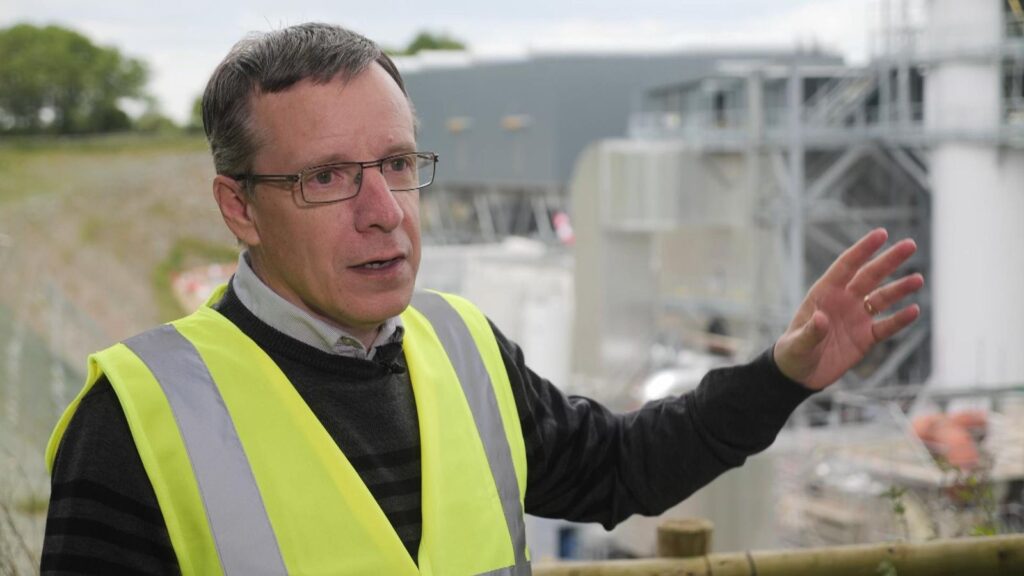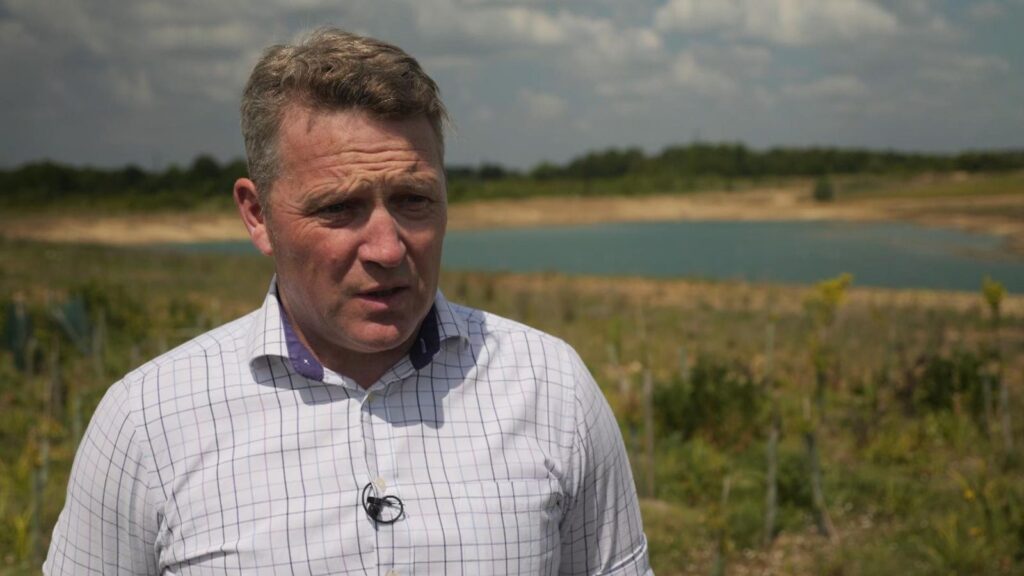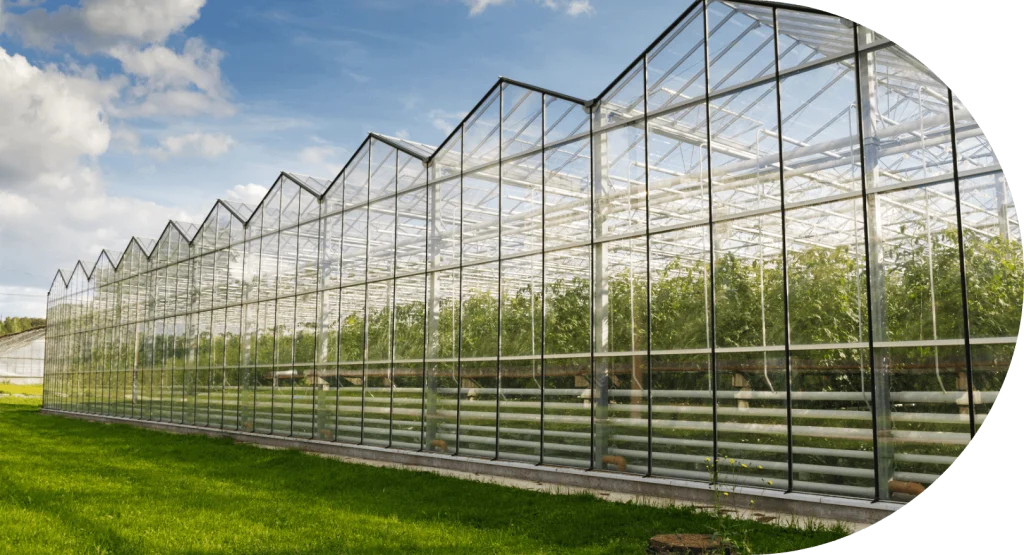Energy from waste: 40-hectare Essex greenhouse will use heat from incinerated household rubbish to grow tomatoes.
Boost to UK food security: The site aims to produce 6% of UK tomatoes and potentially reshore 8% of current imports.
Climate benefits and regulatory risks: The project could cut landfill emissions by 20%, but may face challenges under biodiversity net gain rules.
Pioneering Project in Essex Set to Power Tomatoes with Household Waste
A 40-hectare low-carbon greenhouse complex powered by household waste is set to open in Essex by 2027, marking a major step toward greener food production in the UK. Backed by waste management company Indaver, the facility at the Rivenhall site will become Europe’s largest of its kind.
“The boiler produces steam and some of that steam we’ll divert to our new heat exchanger to create hot water for the greenhouses,” said Gareth Jones of Indaver. “The rest of the steam powers a turbine to generate electricity, some of which will also supply the site.”

The waste-to-energy process is expected to reduce carbon emissions by 20% compared to landfill, where methane emissions from rotting rubbish remain a major climate concern. Nearly all of Essex’s household waste will be diverted from landfill to fuel the greenhouses, which are designed to produce roughly 6% of the UK’s total tomato supply.
Rethinking the UK’s Import-Heavy Supply Chain
UK reliance on imported tomatoes—many from Spain, Morocco, and the Netherlands—has raised environmental alarms. Transport emissions and industrial farming in drought-stricken areas like southern Spain’s Almeria region further heighten the climate impact.
“Water scarcity and extreme temperatures in regions like North Africa and southern Spain highlight the unsustainable nature of our current supply model,” said project director Ed Moorhouse, who noted the site could offset up to 8% of tomato imports.

Green Innovation vs. Green Regulation
While the Rivenhall development has won praise for its circular economy model and climate benefits, it may run afoul of the UK’s biodiversity net gain policy, which mandates nature-positive outcomes for new developments.
“Projects like Rivenhall risk being held back by regulations not tailored to horticulture’s unique sustainability opportunities,” warned Martin Emmett, chair of the NFU’s Horticulture and Potatoes Board.

As the UK grapples with how to balance food security, climate action, and conservation, Rivenhall could become a test case for aligning agricultural innovation with environmental policy.

